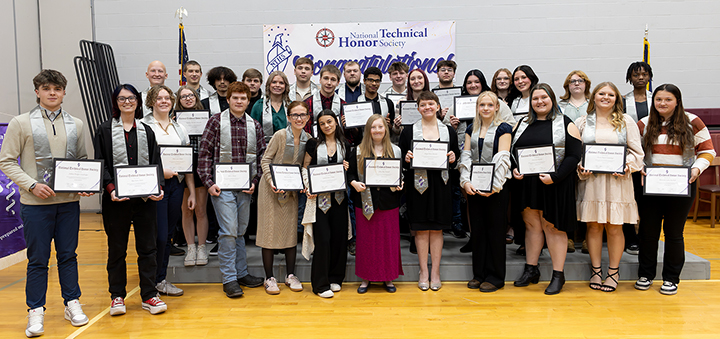Snip a page from this songbook
One of the smartest business operators I ever met played the piano. At work. More about her later.
A few weeks ago I read an article about leadership in Investors Business Daily. It asked leaders if they kept in close touch with their customers.
IBD urged leaders to phone key customers or clients. To thank them for their business. And to ask them about any problems. To ask them for ideas.
The article suggested that executives visit customer locations. Visit their stores. Or their factories. Or their offices. Get a feel for the environment in which they operate.
This advice pertains to leaders of all stripes. To those in public office. To those who run charities and universities and hospitals. To those who run shops and factories alike.
When I was a young copywriter at an ad agency, someone kicked me out on the street. “You’re writing advertising for your clients’products. Go to the shops that sell those products. Talk to the staff who deal with the customers. Talk with the customers. If you are writing advertising for a travel agency, ask to sit in when their agents meet with customers.”
In other words, get as close to the action as you can. Do that, if you want to do a better job.








Comments